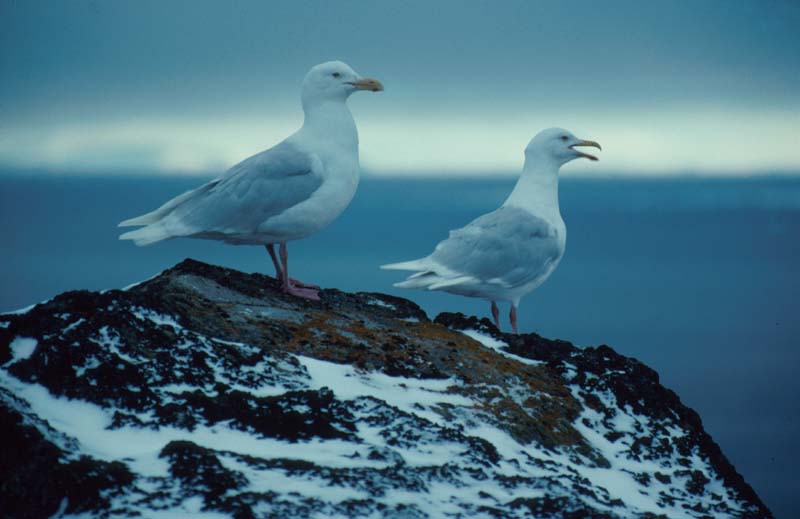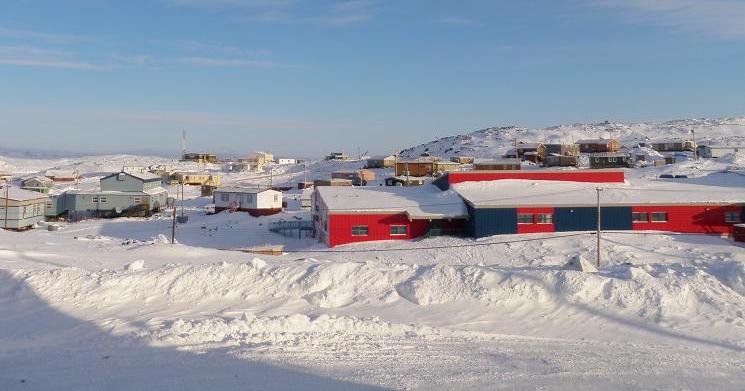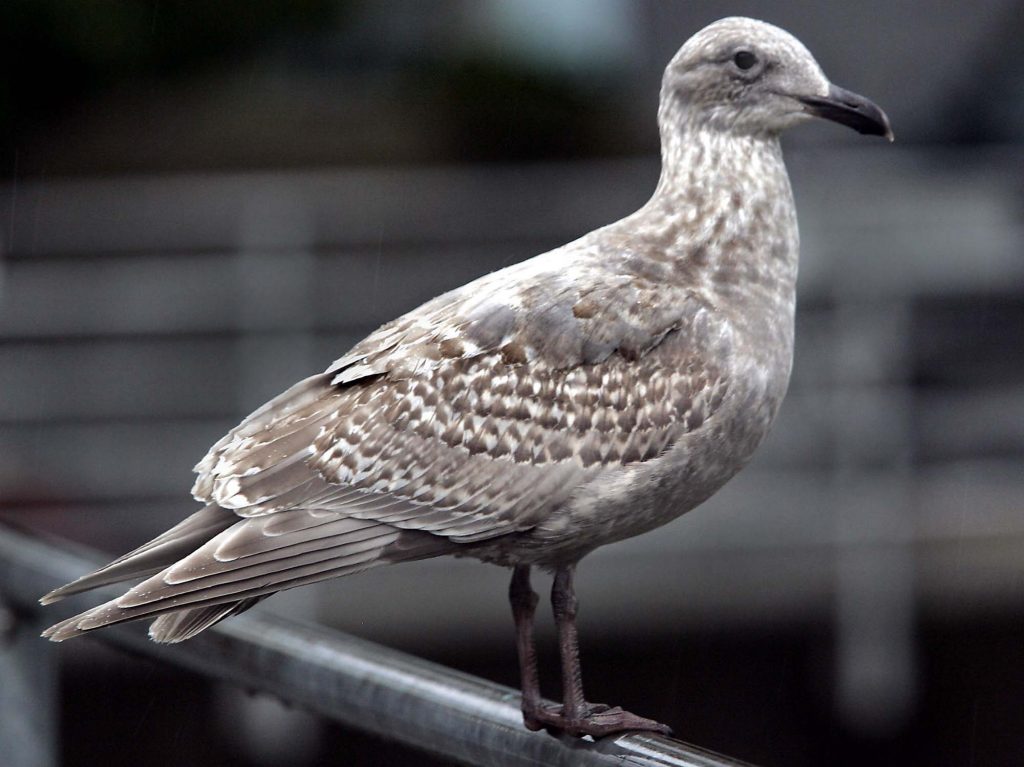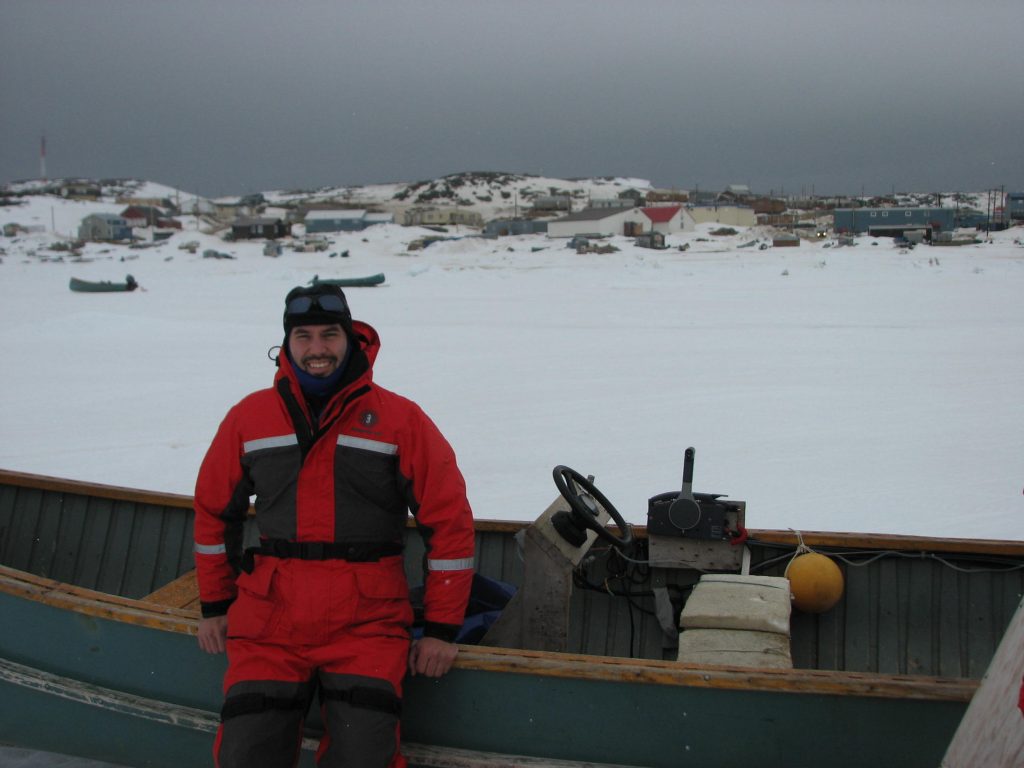Flame retardants found in Arctic gulls
A recent study has discovered a range of contaminants in the glaucous gull population in Canada’s eastern Arctic.
The study was conducted near the predominantly Inuit community of Cape Dorset in Canada’s Nunavut territory.
New contaminates such as flame retardants were found in the birds along with older contaminants such as mercury and chlorine.
“High concentrations of flame retardants will be found in animals mostly from temperate areas, from industrialized areas,” said scientist Jonathan Verreault, holder of the Canada research chair in comparative avian toxicology and a professor at Université du Québec à Montréal.
“But the thing is that they are volatile compounds meaning that they can reach the atmospheric current and get to the Arctic through air current but also through oceanic current.”
For more on what gulls can tell us about pollutants in the North and how contaminant levels in the Canadian Arctic compare to other circumpolar countries, I spoke with scientist Jonathan Verreault.
To listen to our conversation, click here
Responsible for population decline?
Next, scientists want to examine what effect the contaminants are having on the gulls’ long term health and breeding. In some Arctic gull populations, colonies have declined by 50 per cent.
“We cannot say right now if the contamination level is linked to the decline in the glaucous gull population we’ve observed in past years,” said Verreault. “But this was a first step at least in screening those contaminants.”
For more on what gulls can tell us about pollutants in the North and how contaminant levels in the Canadian Arctic compare to other circumpolar countries, Eye on the Arctic’s Eilís Quinn spoke with scientist Jonathan Verreault.
- Found in Alaska, Canada, Greenland, Iceland, Northern Europe and Russia
- Breeds in regions across the High Arctic
- Feeds on everything from fish, eggs and chicks, to adult birds and small mammals
- Nests found in sea cliffs, open tundra, islands, lakes and ponds
Related Links:
Is mercury harming foxes in the Russian Arctic?, Eye on the Arctic
How does a warming climate boost toxic metals in Arctic foods?, CBC News







